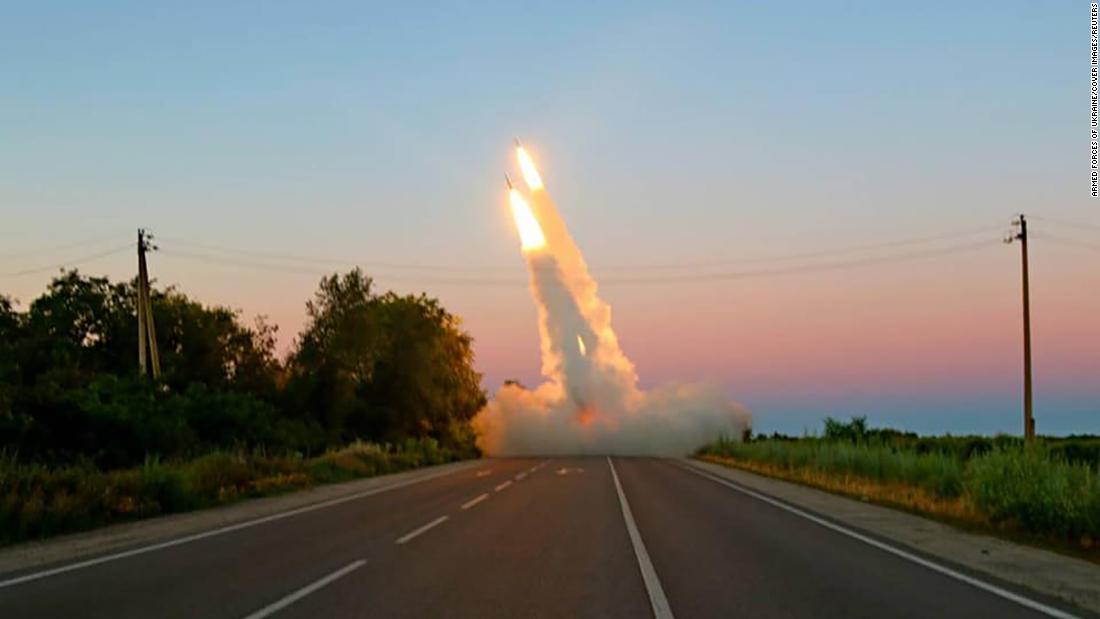
Russian President Vladimir Putin is “entirely too healthy” despite “lots of rumors” about his health, according to a top US intelligence official.
“There are lots of rumors about President Putin’s health and as far as we can tell, he’s entirely too healthy,” CIA agency director Bill Burns said when asked directly if Putin is unhealthy or unstable.
Burns acknowledged his public remarks at the Aspen Security Forum in Colorado Wednesday were not “a formal intelligence judgment.”
Putin has recently appeared in photos with some apparent facial puffiness that have led to speculation that he may be undergoing medical treatment for an unknown illness.
The Kremlin has previously denied rumors of ailments.
“I do not think that any sane person can see in this person signs of some kind of illness or ailment. I leave this on the conscience of those who spread such rumors despite daily opportunities to ensure who looks how in this world,” Russian Foreign Minister Sergey Lavrov told French broadcaster TF1 in May.
Some background: When Russia invaded Ukraine in February, American politicians and former diplomats openly speculated about Putin’s stability.
From using an enormous table during talks with French President Emmanuel Macron after he refused a Russian Covid-19 test, to making a speech laced with conspiracy theories to justify invading Ukraine, some of Putin’s behavior has bordered on bizarre.
According to a CNN report published in March, US officials are also “on guard for the possibility that Putin’s strategy may well be to project instability, in an attempt to push the US and allies to give him what he wants for fear that he could do worse.”
When asked in March if there have been noticeable changes in Putin’s behavior, psychiatrist Dr. Kenneth Dekleva told CNN: “Yes and no.”
Dekleva, who previously worked at the US Embassy in Moscow and specializes in leadership analysis/political psychology profiling for national security purposes, said Putin’s behavior is a sign of frustration at the pace of Russia’s invasion.
“I don’t think he’s erratic or changed, but he certainly is in more of a hurry,” Dekleva said.
“The saddest thing here, the most tragic thing is Putin has gone from being a respected world leader when he first came to power to … he’s now looking more and more like Russia’s Slobodan Milosevic,” Dekleva added, comparing Putin to the Serbian autocrat who died in The Hague in 2006 while awaiting trial for war crimes.
CNN’s Uliana Pavlova, Sarah Diab and Zachary B. Wolf contributed reporting to this post.